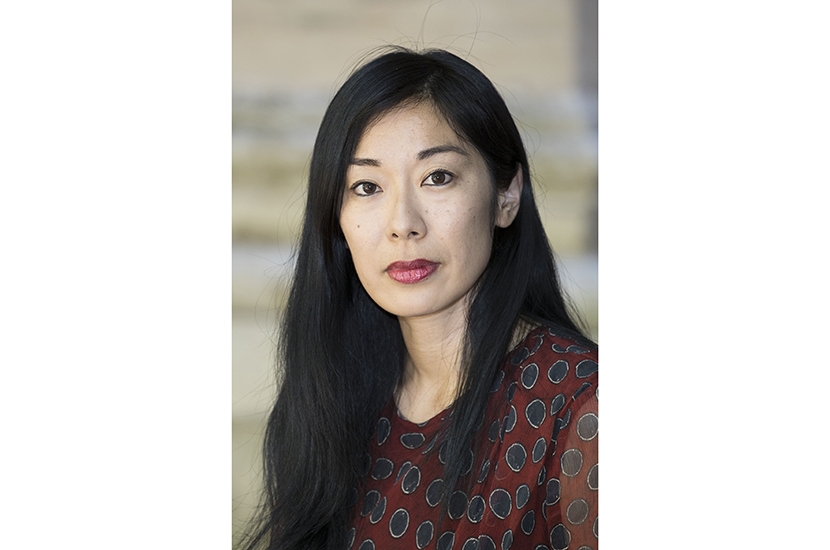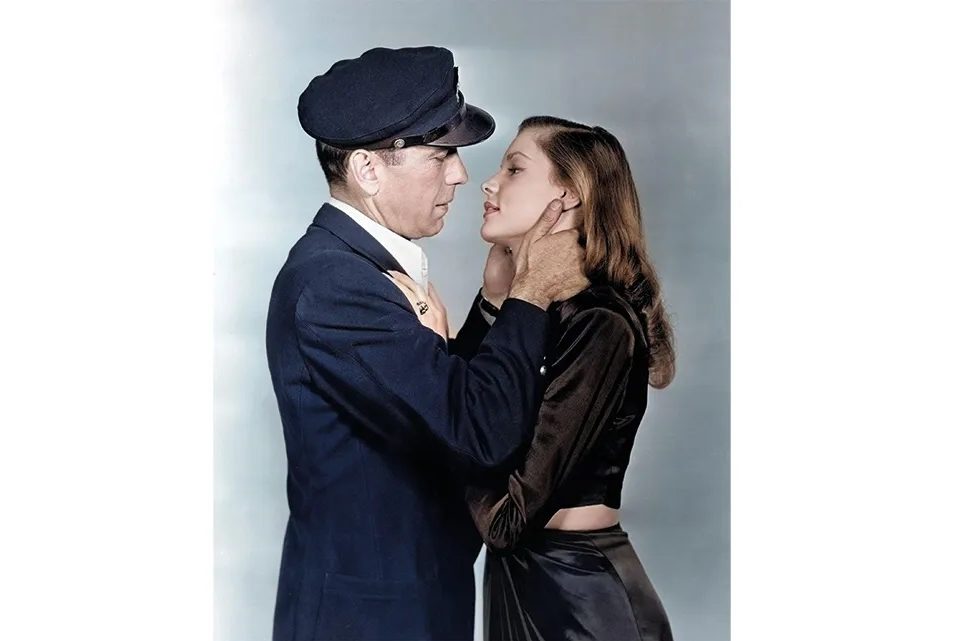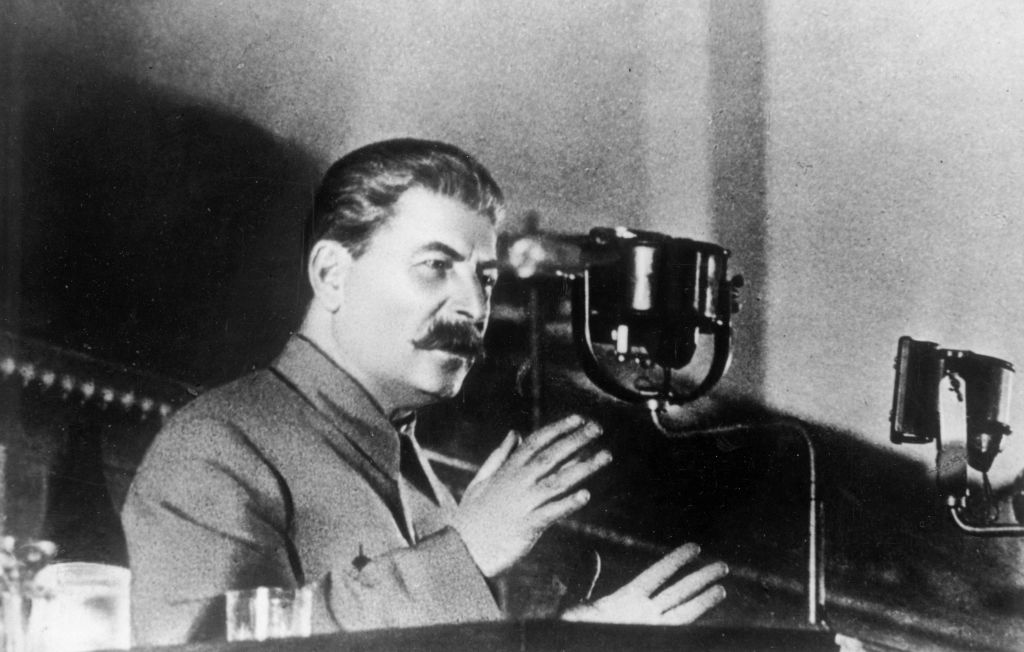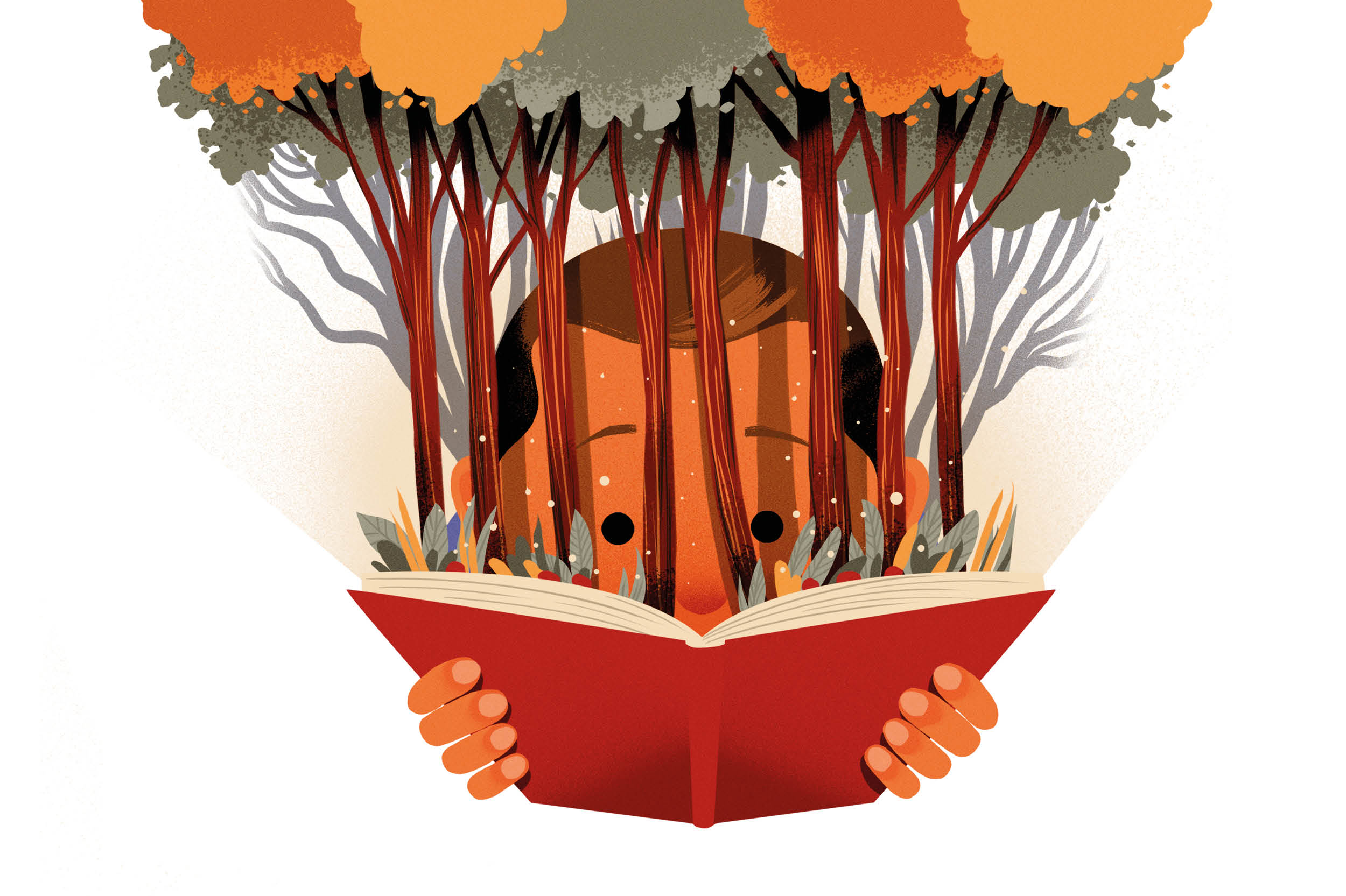If this is a cautious and circumspect novel, it’s because it involves a cautious and circumspect job: that of interpreter. The young woman at the center of the story speaks fluent English, Japanese and French, with some German and Spanish. She grew up in Paris, then lived in New York, but death and disruption in the family mean that city no longer feels like home. On a sudden impulse, she applies for a temporary job at The Hague, working at ‘the Court’. What she doesn’t speak is Dutch, though linguistically she’s a quick study.
The instability felt when negotiating a new city without fully understanding the language is echoed by the moral relativity involved in her new task, translating for a Francophone African former dictator accused of genocide. The evidence seems abundantly clear; less so the authority of a western judiciary to adjudicate on the affairs of a continent ravaged by colonialism. A young witness gives powerful testimony in her own language, which another interpreter turns into French, leaving our (unnamed) narrator to render the English version. How much of the essence mutates during the process? She observes: ‘My job is to make the space between languages as small as possible…to ensure that there would be no escape route between languages.’ An escape route is precisely what the defense is after.
‘We interpreters were only extras passing behind the central cast’; but like a clumsy extra she occasionally pulls focus with a display of emotion, quickly extinguished. Paralleling the courtroom is the narrator’s personal life where, just as for the lawyers, truth is more a strategy than an absolute, a matter of what is revealed and when, and for what reason. Her lover Adriaan fails to tell her something significant about his circumstances, and another potential friendship stalls: ‘We didn’t know each other well enough for these disclosures to bring us closer together, we had exposed ourselves in the wrong way, at the wrong time.’
The foregrounding of language and narrative shows up the slipperiness of fiction itself. Katie Kitamura’s run-on sentences teeter, linked by multiple commas. The Court (similar, but not identical to the International Criminal Court in The Hague) doesn’t deal in deeds themselves, but in speech about deeds; the observer-reader is guided this way and that by devices and manipulations. The calm, neutral surface of the novel hides terrors. The Hague seems a tranquil, even boring place, but there are dangerous streets and run-down areas; the interpreter becomes obsessed with a brutal street crime that changes its nature with each newly revealed detail.
As for Adriaan, his silence is his deepest, most loquacious communication, even though it’s the hardest to understand. A moment of clarity near the end takes place, fittingly, in an indeterminate location, on the edge of the city, neither sea nor land. I found myself thinking ‘Kafka, as written by Sally Rooney’, but I’m not sure if I’ve translated that quite right.
This article was originally published in The Spectator’s UK magazine. Subscribe to the World edition here.

























